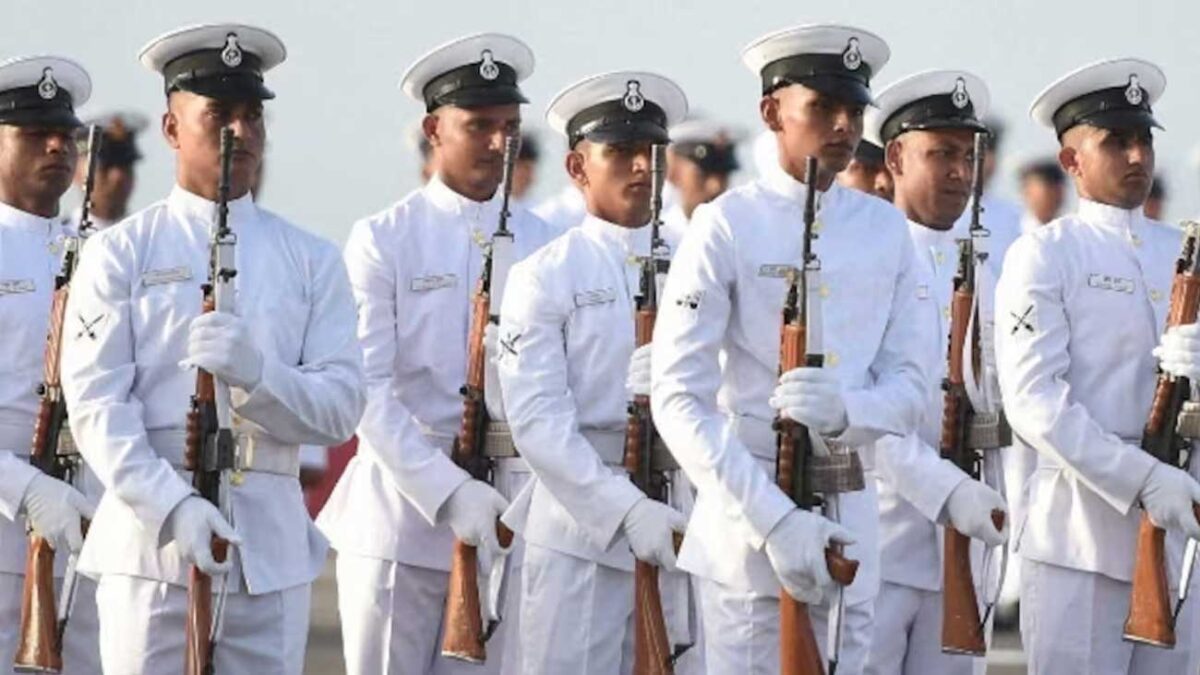In a significant development, Qatar’s Court of Appeal has commuted the death sentences of eight former Indian Navy personnel who were previously convicted on undisclosed charges suspected to be related to espionage. This ruling marks a pivotal moment in the ongoing legal and diplomatic saga involving these individuals and the Indian government.
Table of Contents
Background of the Case
The eight Indian nationals employed by Doha-based Dahra Global Technologies and Consultancy Services were detained in August 2022. The charges against them believed to be espionage-related, have never been publicly disclosed by Qatari authorities. The initial sentencing by Qatar’s Court of First Instance in October 2022 sparked shock and a strong response from the Indian government, leading to an appeal filed by the Indian government and the families of the accused.
India’s Proactive Diplomacy
This commutation of the death sentences is a significant diplomatic victory for the Narendra Modi government. The turnaround in the case follows extensive diplomatic efforts, including a meeting between Prime Minister Narendra Modi and Qatar’s Emir Sheikh Tamim bin Hamad Al Thani on the sidelines of the COP28 summit in Dubai. This meeting is believed to have been a critical factor in influencing the Qatari authorities’ decision.
Details of the Commutation
The commutation of the death sentences means the former naval personnel will now face prison terms of varying lengths, ranging from three to 25 years. The exact terms and conditions of these sentences are yet to be disclosed, pending the detailed judgment from the Qatari court.
Potential Repatriation under the 2015 Agreement
The commutation allows the eight individuals to serve their sentences in India, thanks to a 2015 agreement between India and Qatar on transferring sentenced persons. This agreement, however, does not apply to those sentenced to death, making the recent commutation a critical development.
Ongoing Legal Battle and Family Reactions
Despite the commutation, the legal battle is far from over. The families of the convicted men, while relieved at the avoidance of capital punishment, have expressed caution and determination to continue fighting for the complete dismissal of the eight men. They are now looking to move the case to the Court of Cassation, Qatar’s highest court of appeal.
The Road Ahead
The Indian government, through its Ministry of External Affairs, has stated its commitment to continue providing consular and legal assistance. They are in close contact with the legal team and the families to decide on the next steps, including exploring further legal appeals and the potential invocation of the prisoner repatriation agreement.
Impact on India-Qatar Relations
The case has drawn significant attention in both countries and internationally, highlighting the complexities of diplomatic relations and legal proceedings involving foreign nationals. The resolution of this case, especially in a year marking 50 years of diplomatic relations between India and Qatar, could have a lasting impact on the bilateral ties between the two nations.
Conclusion
The commutation of the death sentences is a relief for the families and the Indian government. However, it also underscores the continued need for diplomatic engagement and legal advocacy in international cases involving citizens abroad. The case remains a significant point of interest in India-Qatar relations and a testament to the influence of diplomatic dialogue in resolving complex global legal issues.
